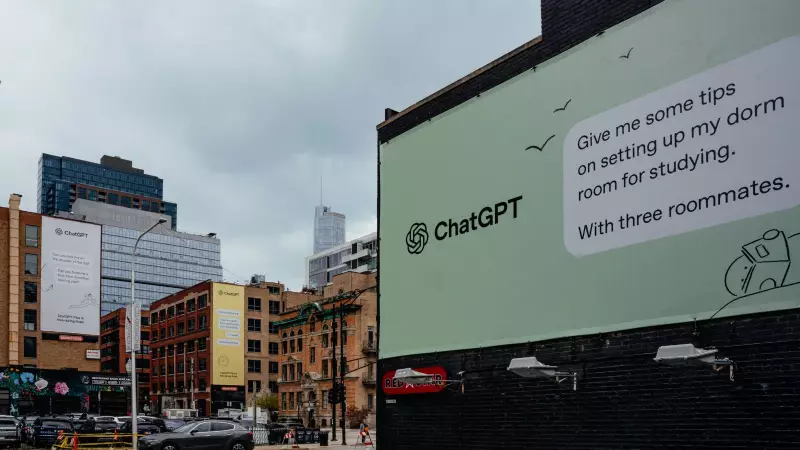
A startling new study from OpenAI has revealed that more than one million users have turned to ChatGPT to discuss suicidal thoughts and mental health crises, highlighting the growing role of artificial intelligence in sensitive personal matters.
The Alarming Statistics
According to the research conducted by OpenAI's internal team, approximately 1.16 million users engaged with the AI chatbot about suicide-related topics between January and December 2023. The study examined patterns across millions of conversations, uncovering the depth of mental health struggles being shared with artificial intelligence systems.
AI as a Mental Health Confidant
The findings suggest that many users are treating ChatGPT as a confidential outlet for expressing their deepest emotional struggles. This represents a significant shift in how people seek mental health support, with AI systems becoming unexpected confidants for vulnerable individuals.
OpenAI's Response and Safeguards
OpenAI has acknowledged these findings and emphasized their commitment to user safety. The company has implemented several protective measures including:
- Automatic detection of high-risk conversations
- Immediate crisis resource provision
- Enhanced safety protocols for sensitive topics
- Collaboration with mental health organizations
The Ethical Implications
This research raises critical questions about the responsibilities of AI companies in handling mental health disclosures. As artificial intelligence becomes more integrated into daily life, the study underscores the urgent need for ethical frameworks and proper safeguards when users share vulnerable information with AI systems.
Broader Impact on Mental Health Support
The massive scale of these conversations indicates a significant gap in traditional mental health services. Many users appear to be turning to AI as their first point of contact for emotional support, suggesting that artificial intelligence could play a complementary role in mental health care systems worldwide.
This groundbreaking study serves as a wake-up call for technology companies, mental health professionals, and policymakers to collaborate on creating safer AI interactions while addressing the underlying mental health crisis affecting millions globally.





